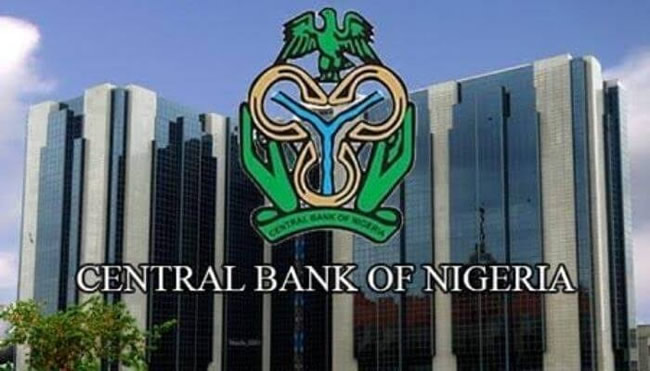CBN partners NESG, others to improve business environment
Stakeholders in both the public and the private sectors have agreed that there is a need for a clear roadmap that will guarantee survival of businesses and improvement of the entire business environment in Nigeria. They met in Lagos at a dialogue organised by the Nigerian Economic Summit Group (NESG), in collaboration with the Central […]

Stakeholders in both the public and the private sectors have agreed that there is a need for a clear roadmap that will guarantee survival of businesses and improvement of the entire business environment in Nigeria.
They met in Lagos at a dialogue organised by the Nigerian Economic Summit Group (NESG), in collaboration with the Central Bank of Nigeria (CBN).
The gathering brought together business leaders from the Organised Private Sector (OPS), NESG community and the leadership of the CBN led by its Governor, Mr Yemi Cardoso, a statement by NESG’s acting Head of Strategic Communications and Advocacy, Ayanyinka Ayanlowo, revealed.
Mr Cardoso assured the private sector leaders of the bank’s commitment to build trust, ensure price stability and effect monetary policies to further prevent economic instability and improve stability in foreign exchange rates and inflation.
- Documents: How $6.2m stolen from CBN within 24 hours was shared
- Minister insists ban on lodging of underage girls stands
He said, “Despite various constraints and drawbacks, we have consistently improved FX supply while protecting the interests of all Nigerians. In addition, it is important to restore investors’ confidence and trust in the Nigerian economy, and there are recent positive signals from independent channels, including the World Bank, various credit rating agencies and fund portfolio investors.”
Additionally, the OPS called for improved national credit design and development, addressing the inefficiencies in credit administration, as well as a review of the microfinance sector alongside the right mix of fiscal and monetary policies to boost productive sector growth.
To mitigate macroeconomic risks affecting business costs, the stakeholders suggested micro-prudential reforms with other regulators to transform finance into an expansive productive output.
